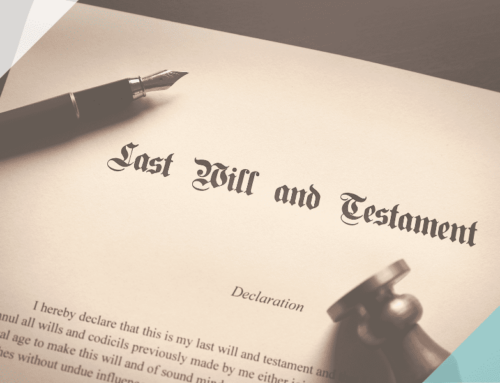Practical advice for couples thinking of living together. We explain why we think it’s important to think about the ‘what ifs’ before you move in.
An estimated 4 million couples co-habit, many couples live happily together, however studies show the average person will have at least two long-term relationships in their life time before meeting ‘the one’.
Co-habiting couples may be surprised to learn there is no such thing as a ‘common law marriage’ this is a social term only and does not offer you any protection or rights in an event of a separation.
To help you appreciate where you legally stand, Attwells Solicitors have produced a list of key issues and common misunderstandings. We recommend you also read this before moving in with your partner to protect your interests.
It’s important to think about the ‘what ifs’
Property – key issues
- Regardless of whether your home is rented or is owned it will automatically be the responsibility of the person or people named in the contract (between the rental manager or mortgage provider) to pay the remaining balance and honour the terms of the contract.
- If your name is not on the contract you do not automatically have the right to stay, likewise if your partner dies without making a will.
- If you have invested money into the home without a declaration of trust or without your name being on the contract you have no automatic right to claim this money back.
So where do you start?
If you’re planning on renting it would be wise to put both names on the tenancy. It may also be wise to consider a shorter tenancy to start with. However, if you are partly through a tenancy arrangement this may involve changes to your rights or you may occur a fee to achieve this.
If you are buying a home together, or moving into a home your partner already owns, we would recommend you have a declaration of trust drawn up. This will protect both of your interests in the property and will be discussed with you when you instruct Attwells Solicitors to undertake your conveyancing.
A declaration of trust will detail your proportion of the property and what each of you will receive if you break up. A more complex declaration of trust can also take into account percentages and interest on possible differences between payments by each partner on the mortgage, utilities and other outgoings.
A common mistake we see a lot is when couples cohabiting tick ‘joint tenants’ or ‘tenants-in-common’ during conveyancing process. This means regardless of the amount each partner has invested in the property, both parties on the event of separation will be entitled to 50% of the remaining profits.
For more information regarding declaration of trusts please call 01473 229 200.





